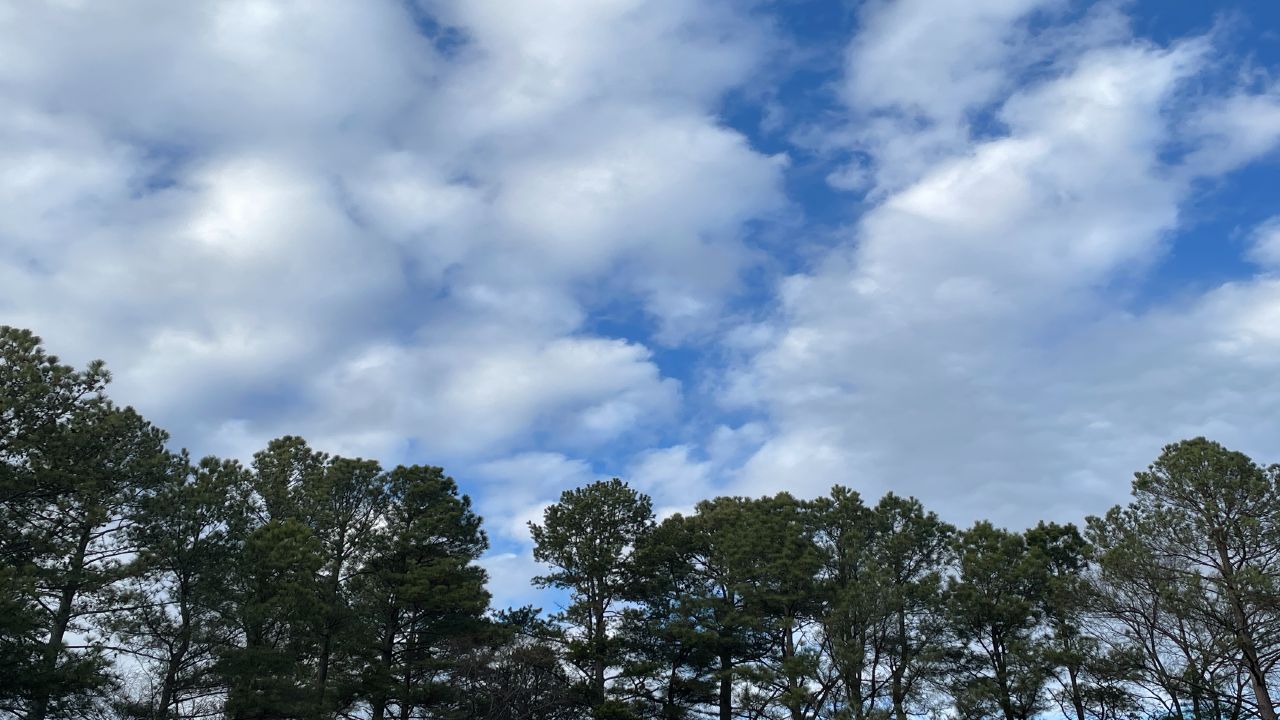GREECE, N.Y. — The International Lake Ontario-St. Lawrence River Board recently announced the river and the Great Lakes have experienced drought conditions through the spring. And it's expected to remain that way for the summer.
Bernie Gigas lives off of Lake Ontario and is also member of the Public Advisory Group to the Great Lakes Management Committee. He believes the dry conditions of the lake comes with good and bad.
"So it really depends,” Gigas said. “Do I enjoy the beach? Of course I do. But do I enjoy that people can't get their boats in? No. It doesn't cause any physical damage to people's property, but it does make it more difficult in some sense to be this low."
Bryce Carmichael of the International Lake Ontario-St. Lawrence River Board says the lake and river are in the midst of a drought with waters levels being two-four inches lower than average.
He adds it also hasn't been this dry since 1966.
While this may not mean much for homeowners in the Rochester area, Carmichael points out that it's a different story for those in the Thousand Islands area and upper St. Lawrence River.
"A lot of those people are really being hard hit with the low water,” Carmichael said. “It impacts the tourism. Less people perhaps wanting to come and enjoy the area if they can't get their boats in and out of the water."
Carmichael explains the conditions aren't ideal, but there is nothing they can do about it. However, there are studies being done to figure out if the drought can be attributed to climate change.
"We saw historic precipitation, accumulations in 2017 and 2019,” Carmichael said. “And within just two years, we have gone to very low, not historic, but very, very dry conditions that are typically very rare."
In the meantime, Gigas believes he has nothing to worry about.
"I look at this as a fortunate circumstance that we get a break so that we can recover 2017 and 2019,” Gigas said. “Get the walls repaired. Get our docks repaired and all of those things for the next cycle which will definitely come."










